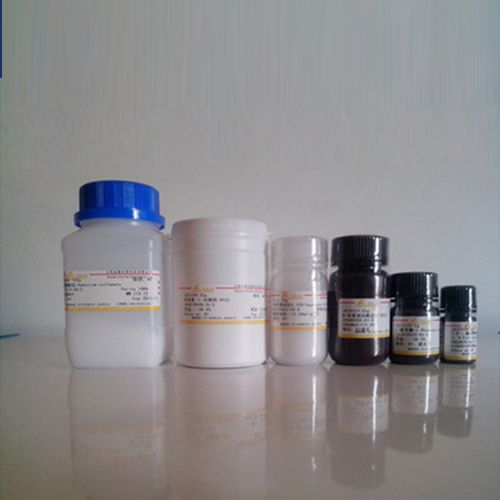The human body contains a variety of hormones, one of which is
gonadotropin. This technique is very important for regulating normal
physiological functions of a person. Health problems can also occur if hormone
levels fluctuate.
What is human menopause gonadotropin
Human menopausal gonadotropin is a glycoprotein hormone that regulates the
development of vertebrate gonads and promotes the production and secretion of
sex hormones. For example, luteinizing hormone (LH) and follicle-stimulating
hormone (FSH) secreted by the anterior pituitary can stimulate the development
of reproductive cells and the production and secretion of sex hormones in the
ovary or testes. Human placenta secreted chorionic gonadotropin (HCG), can
promote pregnancy luteal secretion of progesterone. HCG can appear in the urine
in the early stage of pregnancy, and it reaches its peak at the second month of
pregnancy, which is often used as a pregnancy indicator in clinic.

The function of gonadotropins
LH is also known as interstitial cytokine (ICSH), because it ACTS on the
interstitial cells of the testes, stimulating the production and secretion of
androgens. The main effect of LH on female ovaries is to selectively induce the
rapid growth of individual follicles before ovulation. When the secretion of LH
reaches an orgasm, it triggers ovulation, converts the follicular wall after
ovulation into corpus luteum and secretes progesterone. The important role of
FSH is to promote the growth and development of follicles in the ovary, and in
males, the formation of spermatozoa in the testicle.